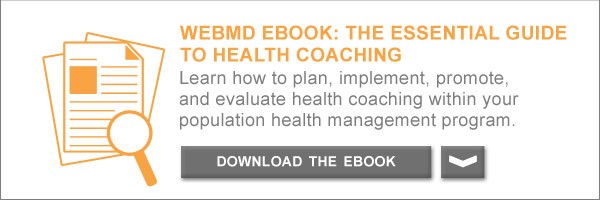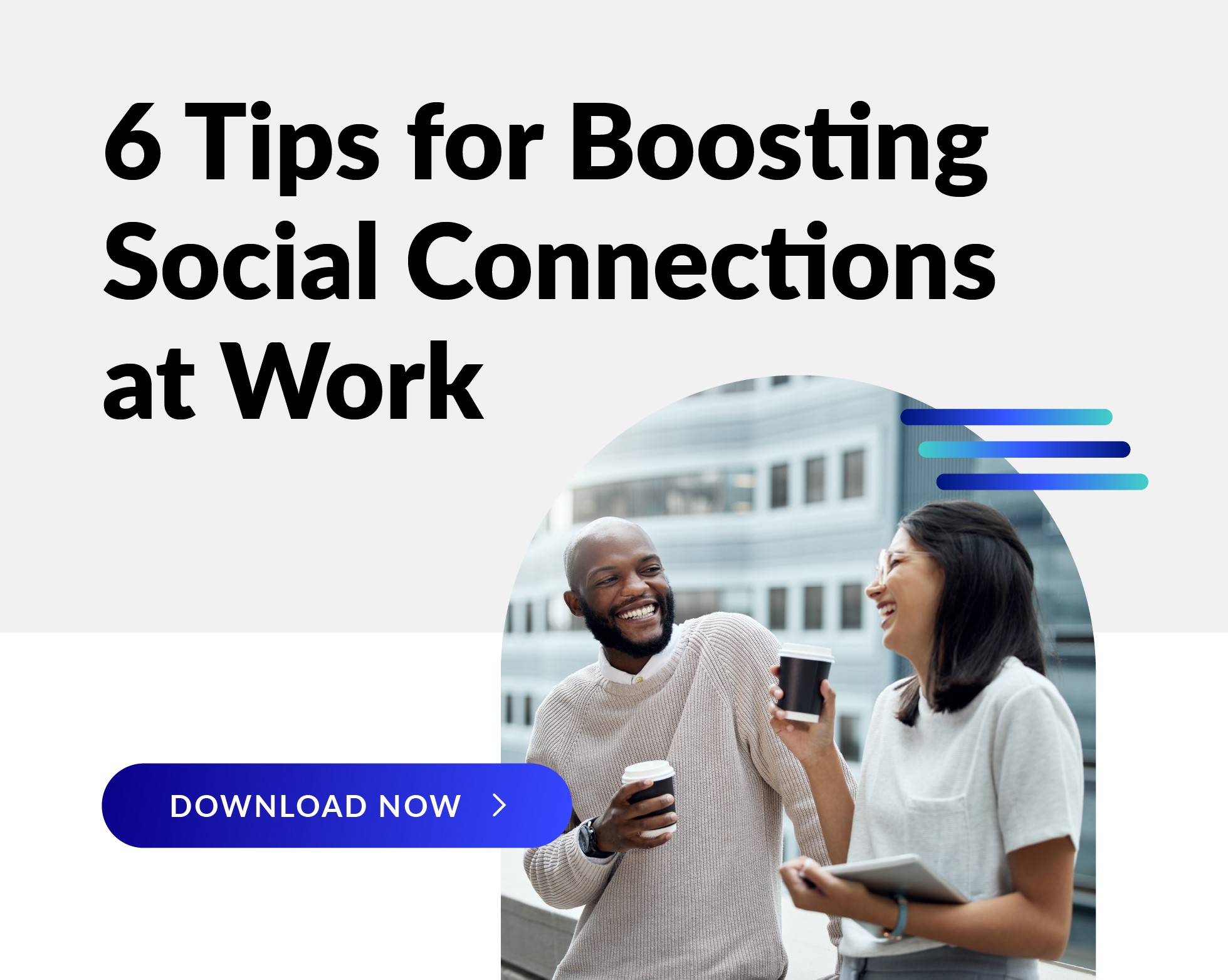 When participants make up their minds about wanting to make healthy changes to their lifestyle, they will often set lofty goals of losing 50 pounds or eating an organic diet. But there are often many barriers to achieving these types of goals that get in the way of being successful with weight loss or healthy eating habits. This is where health coaches can be essential. During the conservation, we can talk about the challenges to making those changes and how to overcome them.
When participants make up their minds about wanting to make healthy changes to their lifestyle, they will often set lofty goals of losing 50 pounds or eating an organic diet. But there are often many barriers to achieving these types of goals that get in the way of being successful with weight loss or healthy eating habits. This is where health coaches can be essential. During the conservation, we can talk about the challenges to making those changes and how to overcome them.
Here are the top four barriers that I discuss with participants.
1. Confidence
Participants often want to make changes like weight loss but have tried so many times in the past without success. Their confidence levels are low and they are afraid to try new ideas with the fear that it just will not work. This is where health coaches can work to set small, realistic goals that overtime will lead to larger results such as weight loss. The more successes that a participant has with their goals, the higher their confidence level builds.
2. Setting Unrealistic Goals
This happens a lot with weight loss. Participants will say “I want to lose 20 pounds in 6 weeks.” As health coaches, we are trained to identify unrealistic goals and can work with a participant to help them see that most people don’t lose a pound a day. We can help the participant to set themselves up for success by setting goals that are more realistic such as increasing walking to 45 minutes 4 days a week to lose weight.
3. Motivation
While health coaches can not physically motivate participants to exercise or eat healthy, we can certainly talk about a participant’s motivation for wanting to change. Most people have something that they want to work on to make their lives healthier. As health coaches, we can get the participants to express the reasons why making that change is important for their health. Maybe it is for their kids or they were just diagnosed with a condition like diabetes or high cholesterol. It could even be because they don’t want to suffer with a condition like a friend or family member might have in the past. We also periodically remind the participant of their motivation when they start to have doubts about their goals.
4. Time Commitment
This is probably the most common barrier that I talk with participants about. School, work schedules, and family commitments usually take up the majority of a participants waking hours. Finding the time to cook healthy meals or exercise can be tough. As a health coach, we can help them to find 15 minutes of exercise time during their day or talk about how to prepare large batches of healthy meals at the beginning of the week to save time during the week. While there are several time commitments that participants face, health coaches can offer suggestions to help participants realize that time does not have to be a barrier.
As health coaches, we play an essential role in helping participants to overcome and work through their barriers so that they can reach their goals successfully. Sometimes all it takes is a little encouragement and education to help participants realize that being healthier isn’t impossible.
Jeanette Menapace, RD, LD, is a health educator for WebMD. She graduated from The University of Akron with a bachelor’s degree in dietetics and became a registered and licensed dietitian. Currently, she is working on her Master of Public Health at The University of Akron. As a health educator, Jeanette coaches participants on weight management, exercise, nutrition, stress management, or smoking cessation.


